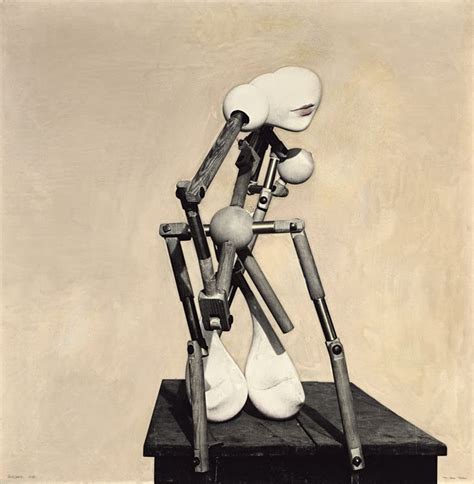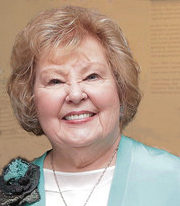A Quote by Hans Bellmer
The body is like a sentence that invites us to rearrange it
Related Quotes
Prayer is sort of like an unlocked door with a giant, red-lettered sign on it that says: "Welcome. Feel Free to Take What You Need." Inside is the storehouse of all that God is. He invites us to share it all. He doesn't intend for us to stay on the outside and struggle all alone with the perplexities of life, and He not only invites us to come in, but to stay in. . . . It is an on-going process, not just an occasional religious-sounding speech we make to a nebulous divinity "out there somewhere." Prayer is meant to be a part of our lives, like breathing and thinking and talking.
A sentence is like a tune. A memorable sentence gives its emotion a melodic shape. You want to hear it again, say it—in a way, to hum it to yourself. You desire, if only in the sound studio of your imagination, to repeat the physical experience of that sentence. That craving, emotional and intellectual but beginning in the body with a certain gesture of sound, is near the heart of poetry.
Every day God invites us on the same kind of adventure. It's not a trip where He sends us a rigid itinerary, He simply invites us. God asks what it is He's made us to love, what it is that captures our attention, what feeds that deep indescribable need of our souls to experience the richness of the world He made. And then, leaning over us, He whispers, "Let's go do that together.
Voices of the glorified urge us onward. They who have passed from the semblances of time to the realities of eternity call upon us to advance. The rest that awaits us invites us forward. We do not pine for our rest before God wills it. We long for no inglorious rest. We are thankful rather for the invaluable training of difficulty, the loving discipline of danger and strife. Yet in the midst of it all the prospect of rest invites us heavenward. Through all, and above all, God cries, "Go forward!" "Come up higher!
The first sentence of the truth is always the hardest. Each of us had a first sentence, and most of us found the strength to say it out loud to someone who deserved to hear it. What we hoped, and what we found, was that the second sentence of the truth is always easier than the first, and the third sentence is even easier than that. Suddenly you are speaking the truth in paragraphs, in pages. The fear, the nervousness, is still there, but it is joined by a new confidence. All along, you've used the first sentence as a lock. But now you find that it's the key.
Writing is linear and sequential; Sentence B must follow Sentence A, and Sentence C must follow Sentence B, and eventually you get to Sentence Z. The hard part of writing isn't the writing; it's the thinking. You can solve most of your writing problems if you stop after every sentence and ask: What does the reader need to know next?
It's kind of like sentencing. A lot of people say that we have a heavy sentence for this crime and a light sentence for another crime, and what we ought to do is reduce the heavy sentence so it's more in line with the other. Wrong. In most cases we ought to increase the light sentence and make it compatible with the heavy sentence, and be serious about punishment because we are becoming too tolerant as a society, folks, especially of crime, in too many parts of the country.







































